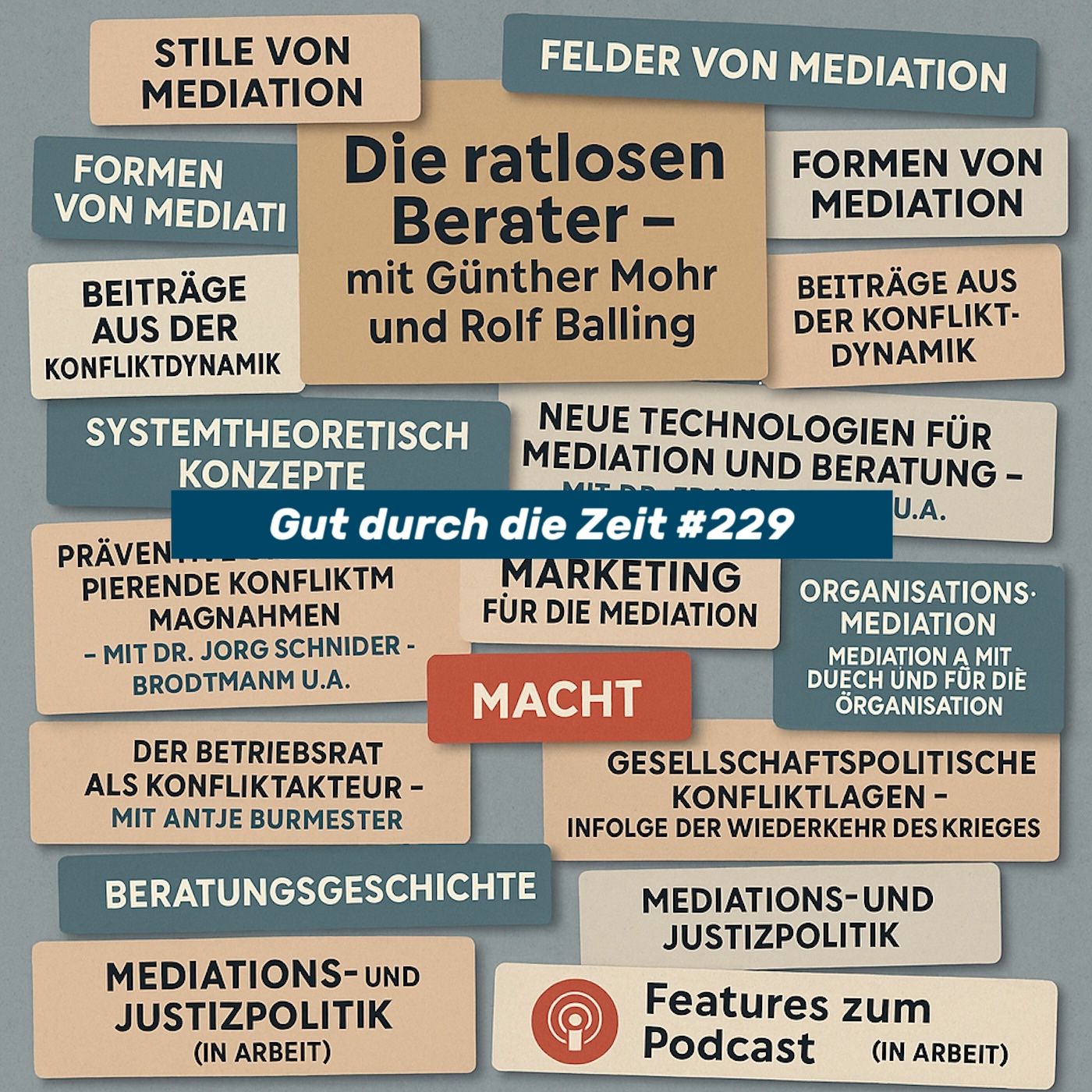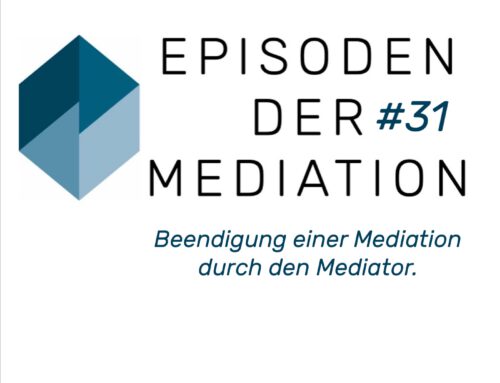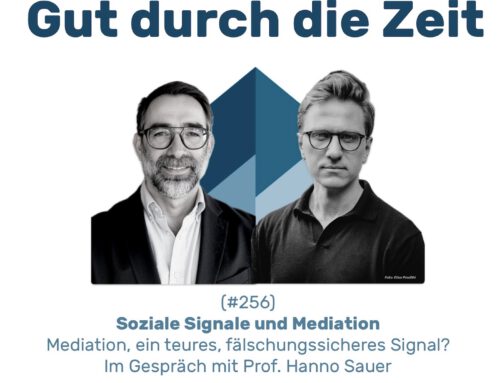INKOVEMA Podcast „Well through time“
#229 GddZ
The Little Rows in the podcast Well through time
An overview of the content of the podcast Gut durch die Zeit – after 228 episodes
Alone at the microphone
Contents
Chapter = title of the small series
0:14 Welcome to the podcast
2:07 Structure of the podcast
4:15 Presentation of the small rows
5:35 Fields of work of mediators
6:57 Forms of mediation
7:37 Perplexed counsellors
9:47 Counselling approaches and foundations
10:26 New technologies in counselling
13:13 Marketing of mediation services
15:09 Organisational mediation
16:59 Difficult conversations
18:22 Topic trust
20:07 Power in mediation
21:49 Socio-political conflicts
22:32 Mediation and justice policy
23:07 Podcast features
23:39 Outlook on upcoming topics
Summary of content
In this episode of „Gut durch die Zeit“ I, Sascha Weigel, took the opportunity in a solo episode to give a deep insight into the structure and development of our podcast. We've now produced over 220 episodes, and I wanted to make sure that both new and long-time listeners get a clear overview of the topics and series we've covered. It's important to me that everyone can understand the complexity of mediation, conflict coaching and organisational consulting.
Over the past few years, our podcast has been split into various small series, each of which looks at specific aspects of conflict transformation. I knew that it was necessary to create a clear structure. As I present the individual series, it becomes clear that these were not conceived from the outset, but have developed organically from the discussions and needs.
One of the first series deals with the different styles of mediation. Here I have had exciting conversations that show that not all mediation is the same, and I have discussed specific examples such as the dispute between Kirsten Schröter and Tilman Metzger. Other series deal with specific fields of work in which mediation is used, from peace mediation to mediation in business and sport. This diversity is particularly valuable for understanding where and how mediation is actually practised and what the needs and challenges are.
I also talked about the different forms of mediation, including so-called co-operative practice and online mediation. A significant aspect of our discussions was the topic of trust, which I dealt with in depth with Professor Guido Möllering. This series has shown how central trust is in mediation and which aspects play a role in this.
It was also particularly exciting to deal with power structures in mediation, which I discussed with various experts. These discussions gave me a new perspective on the dynamics that play a role in conflict situations and mediation. Equally important was the discussion about new technologies and their influence on counselling work, particularly with regard to artificial intelligence and its application in conflict resolution.
I have also shown how important marketing is for mediation and that mediation is not a traditional product. It is important to consider the specific challenges associated with marketing mediation services. Through discussions with marketing experts, I have gained valuable insights that enable us to better position mediation.
Finally, I have created the opportunity for listeners to actively participate in finding topics for future episodes. I am interested in what topics and guests listeners would find exciting in this context. This episode was a first step in structuring and reflecting on the diversity and richness of the content we offer in this podcast, while strengthening the connection with our listeners.





Leave A Comment